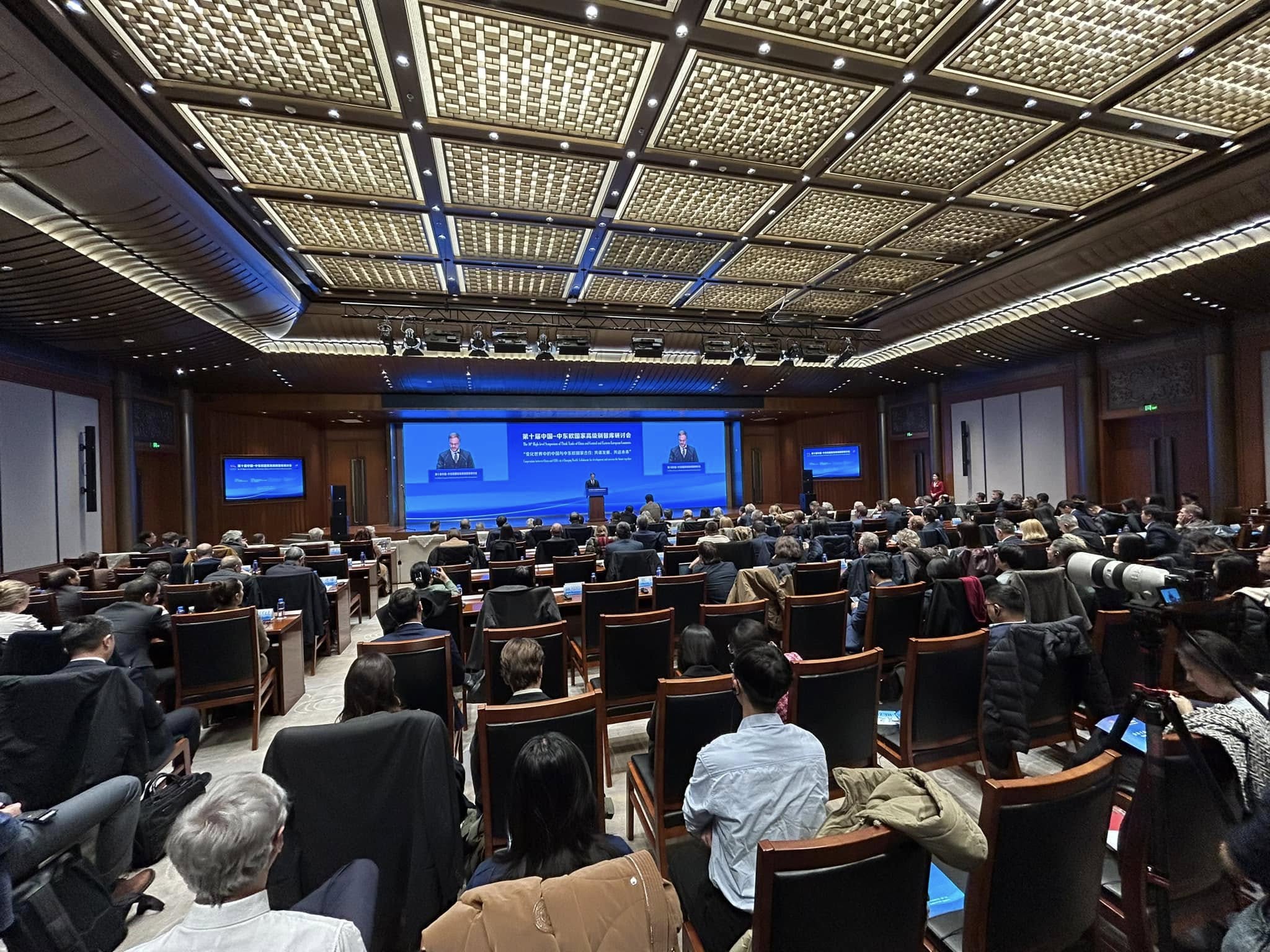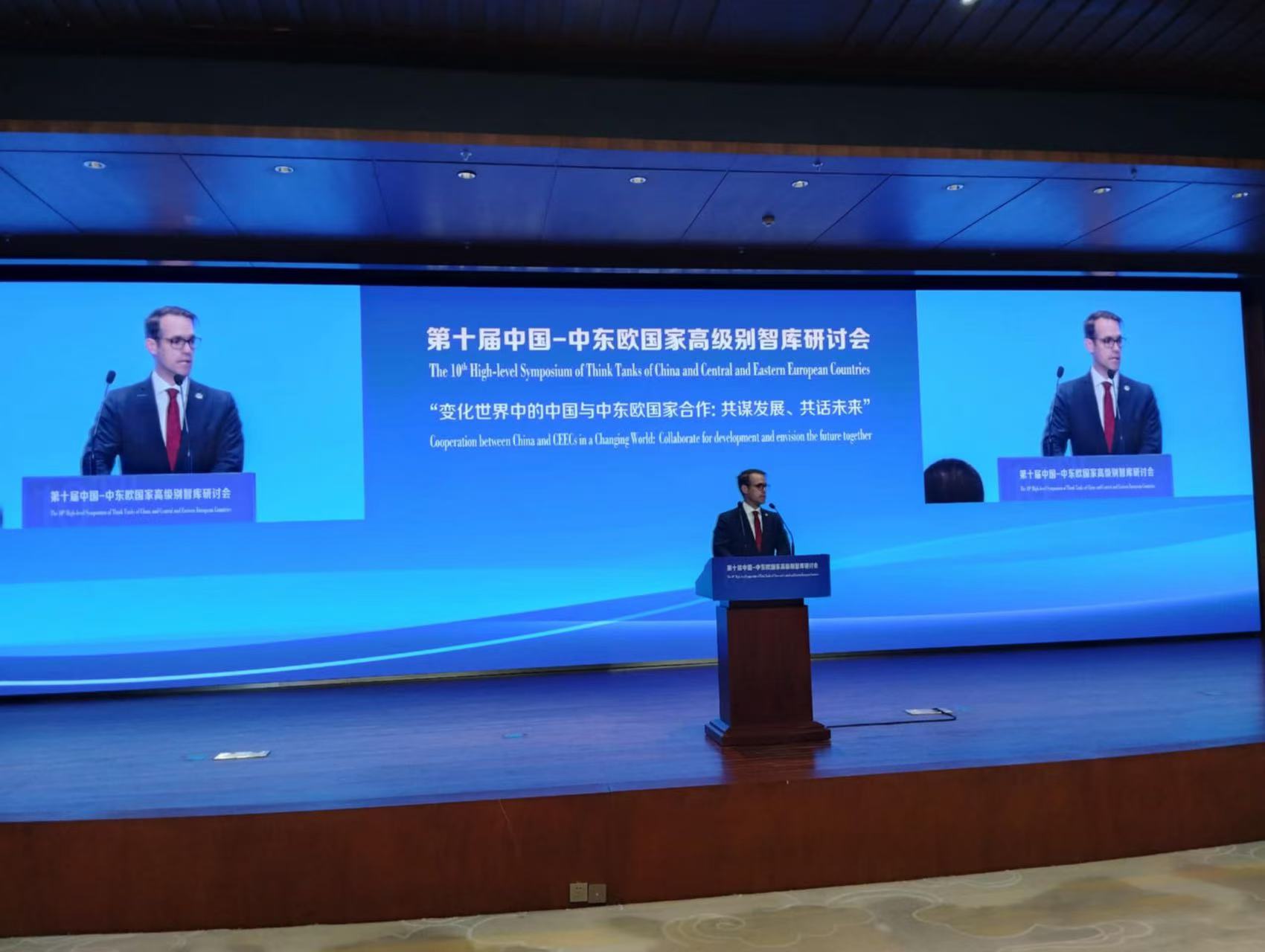Hungary, on the other hand, is pursuing a different strategy, as shown by the fact that last year 44% of Chinese FDI in Europe was directed to Hungary. Next year will be an important year for Hungarian-Chinese relations, with progress being made on important projects such as the development of the railways, which is also significant at European level.
Balázs Orbán warned that Hungary must position itself appropriately in the midst of major geopolitical changes by putting its connectivity strategy first. One factor is that the second term of Donald Trump, who has good relations with the Hungarian government, is likely to increase tensions in the transatlantic relationship. The other is that Brussels has essentially started a trade war with Beijing over the punitive tariff on Chinese electric vehicles. He reminded us that this is a measure that is being rejected by the very parties it is supposed to protect: European car manufacturers. The third factor is the development of the war in Ukraine and the European-Russian divide, which is also undermining the continent's competitiveness through the loss of cheap energy. Instead of isolation and confrontation, Europe needs to move in a new direction if it wants to succeed, Balázs Orbán said.
Levente Horváth, Director of the Eurasia Center, also gave a presentation at the 10th High-level Symposium of Think Tanks of China and Central and Eastern European Countries.


